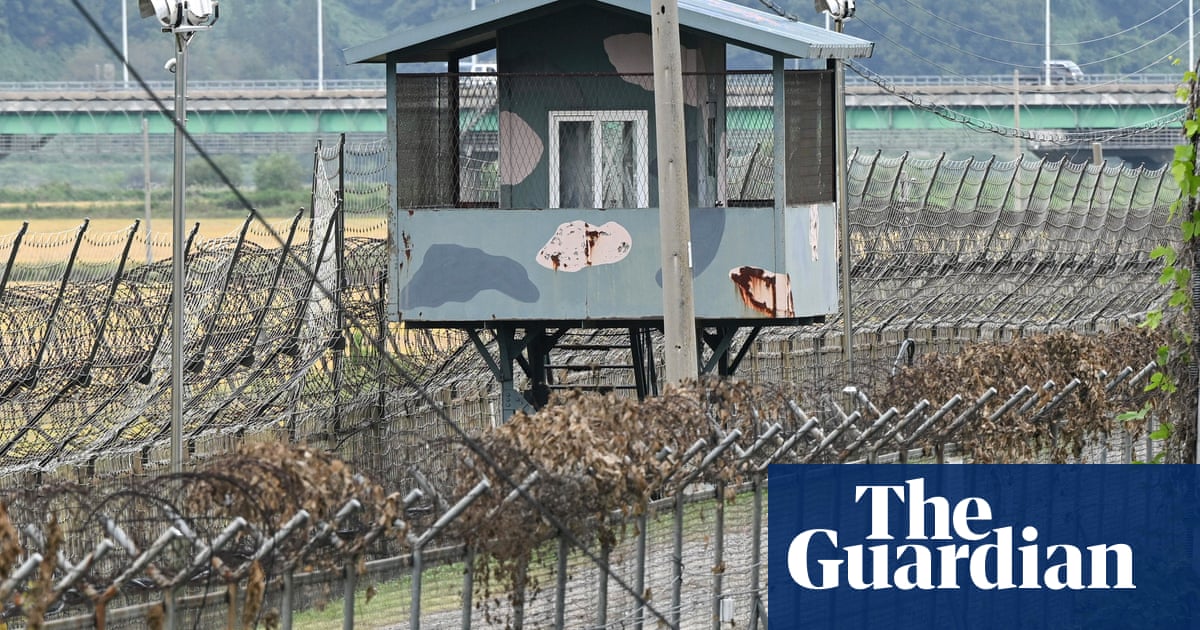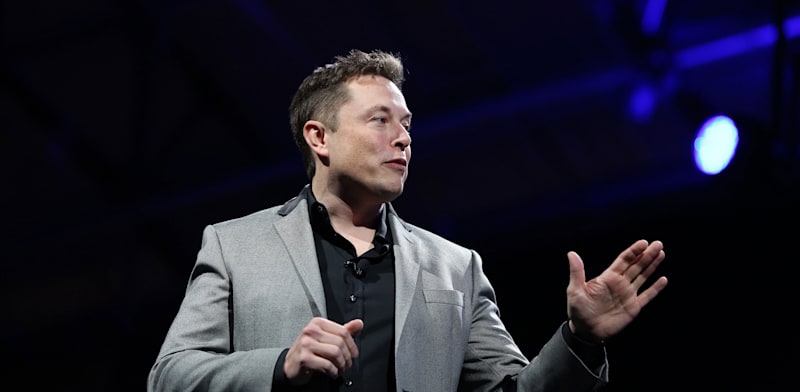During the meeting, Putin showcased Russian technology to Kim, who expressed admiration. Although no arms deal was announced, the cooperation between the two countries in “sensitive” areas was kept confidential. This special treatment from Putin serves as a boost to Kim’s image as the leader of a poverty-stricken nation.
Due to the ongoing war in Ukraine, Putin faces a shortage of ammunition and lacks international support. Kim’s possession of a stockpile of dated artillery shells and rockets compatible with Russian weapons systems offers a solution to Putin’s dilemma. Additionally, North Korea’s production capacity can aid Russia in maintaining a high ammunition burn rate.
This indicates a reversal in their relationship, as North Korea previously relied on the Soviet Union for military support. Kim’s rare bargaining chip allows him to be in a stronger position than before. The meeting shows their shared goal of resisting U.S.-led sanctions and challenging American influence in the region.
While their relationship is transactional, both leaders find value in their partnership. Putin can find an anti-American partner in Kim, who is willing to provoke the United States. This cooperation also sends a message that they are willing to defy U.S.-led sanctions for their own benefit.
Kim’s interests extend beyond a short-term alliance. His visit to Russian military facilities and space centers suggests an interest in long-term cooperation. North Korea aims to strengthen its military capabilities and secure a stronger position in future denuclearization talks with the United States. Cooperation in space technology, particularly military reconnaissance satellites, is a priority for Kim.
However, it remains uncertain whether Russia will transfer advanced defense technology to North Korea due to Western sanctions. Even if such a transfer were to occur, it would likely take place discreetly. Kim and Putin are expected to continue strengthening their bilateral relationship in the future.
The warming relations between Pyongyang and Moscow have implications for China. Beijing, North Korea’s main economic supporter, also shares concerns about increasing U.S. influence in the region. However, openly endorsing North Korean arms sales to Russia would undermine China’s claims of neutrality in the Ukrainian conflict.
China is cautious about getting involved in a new “northern triangle” alliance and a potential resumption of a military partnership between Moscow and Pyongyang. Nevertheless, China’s relationship with North Korea continues to progress.
Christian Shepherd in Taipei contributed to this report.











:max_bytes(150000):strip_icc()/headshotverwell-1334973c32f9429493c7979e6384b8ff.jpg)
